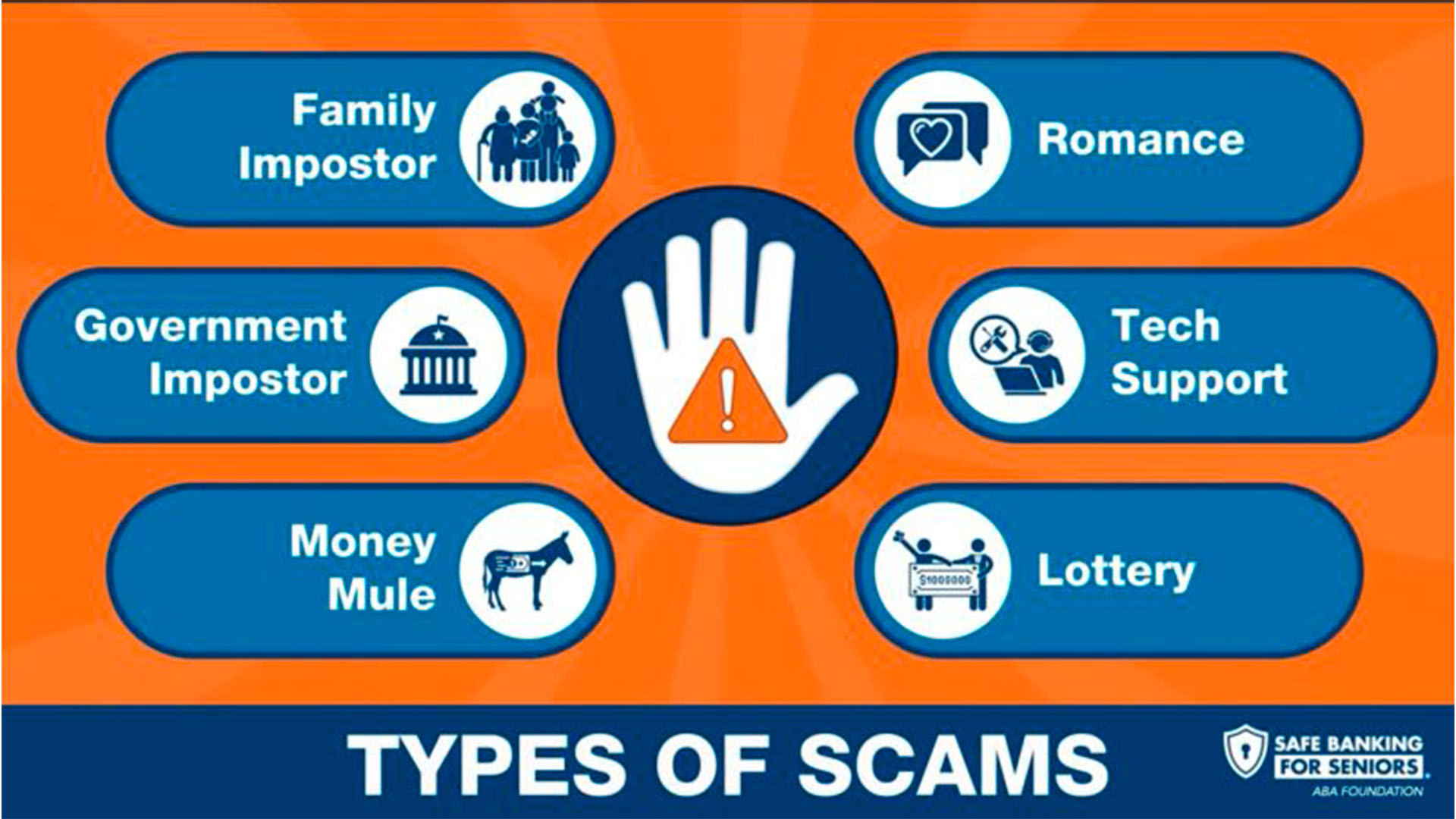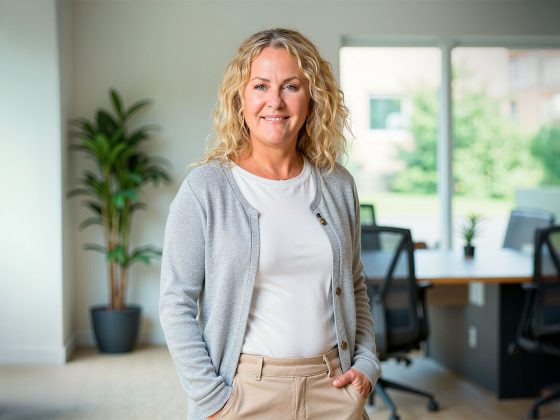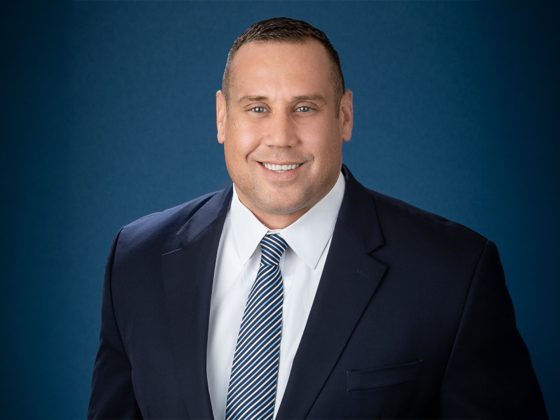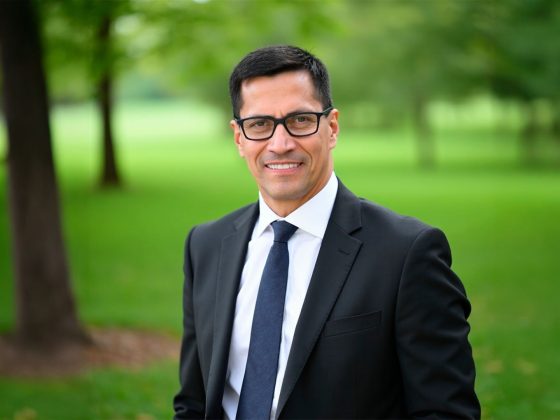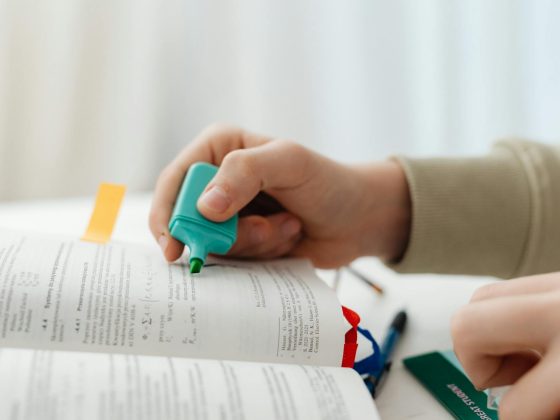Cryptocurrency crimes were once nearly impossible to solve. Criminals could move money across borders without leaving a trace investigators could follow. But the game has changed, and experts like Ralph Dahm are showing that what once seemed impossible is becoming routine police work. A certified blockchain investigator with more than 30 years in business and over a decade in digital currencies, Dahm now spends his time tracking stolen crypto and teaching others how to follow the money in a digital world.
Proving Crypto Forensics Could Work
Dahm remembers when crypto forensics was dismissed as little more than a joke. “When I first started in crypto forensics, people thought I was chasing ghosts, and in a way, I was. In the early days of cryptocurrency, you simply could not trace transactions,” he recalls. Back then, Bitcoin and other digital currencies lived up to their reputation for anonymity. Law enforcement agencies had no playbook for crypto crimes, and most investigators avoided them altogether. The shift did not happen overnight, but when it came, it was dramatic. Technology caught up with the criminals, and investigators learned how to use new tools to their advantage. “Fast forward to today, we are not just chasing them, we are catching them,” Dahm explains. What once seemed impossible is now standard investigative work.
Understand Why Crypto Forensics Matters
Training new crypto investigators takes more than showing them which buttons to click. Dahm has learned that the best investigators grasp the bigger picture before diving into technical details. “When mentoring new investigators, the first step is to make them understand why crypto forensics matters. This is not just about tracking transactions. It is about protecting victims, many of whom have lost their life savings,” he emphasizes.
Every cryptocurrency theft has real people behind it: retirees who fell for investment scams, small business owners who trusted the wrong exchange, families who lost everything to romance fraudsters. “Helping law enforcement and restoring trust is key to what we do,” Dahm notes. That is why he begins every training session with case studies, making sure new investigators see the human cost of these crimes before they learn the technical mechanics of solving them.
Tools Are Temporary, Thinking Is Timeless
The crypto world moves fast, with new platforms and technologies emerging constantly. Dahm teaches his mentees to focus on fundamentals rather than chasing the latest software. “We train on the newest tools, artificial intelligence, blockchain explorers, tracing platforms. But I remind every mentee that tools change, while critical thinking does not,” he says. Good investigators think like detectives, not technicians. “I encourage them to follow the trail like a detective, always asking why, who, and what is next. It is less about software and more about mindset,” Dahm explains. This philosophy keeps investigators effective even when their favorite tools become obsolete or when criminals find new ways to cover their tracks.
Create Collaborators, Not Lone Wolves
Crypto crimes cross borders faster than any investigator can travel. Success requires coordination between agencies, countries, and private companies. “Crypto investigations are global and very complex. New investigators must learn how to collaborate with each other, with law enforcement, and with international partners,” Dahm explains. Communication skills matter as much as technical knowledge. “I stress communication as much as analysis because no one recovers assets or builds cases alone,” he says. The best investigators know how to present findings to prosecutors, judges, and juries who may not understand blockchain technology.
Finding stolen crypto is only half the job. The other half is building cases that put criminals behind bars and return money to victims. “Sharing high-confidence evidence provides law enforcement with the ability to subpoena exchanges, recover stolen assets, and prosecute criminals. This point is critical,” Dahm emphasizes. Too many investigators stumble between tracing evidence and preparing cases that hold up in court. He urges his mentees to think like prosecutors from the start, gathering evidence that is legally sound as well as technically accurate.
The crypto world will keep changing, and criminals will keep adapting. Training investigators for today’s threats is not enough. “Mentorship isn’t just about making copies of ourselves. It’s about equipping the next generation to go further,” Dahm observes. His advice for other mentors reflects this forward-looking approach: “If you’re mentoring in crypto forensics, don’t just train skill sets, build mindsets.” The goal is not only to create competent investigators but to build a community prepared for whatever comes next. As Dahm concludes, “Let’s keep educating the public to avoid becoming victims in the first place. Educate law enforcement on how we can assist them and become their partners to close cases resulting in justice for victims.”
Connect with Ralph Dahm on LinkedIn to learn more about crypto forensics and mentorship.
